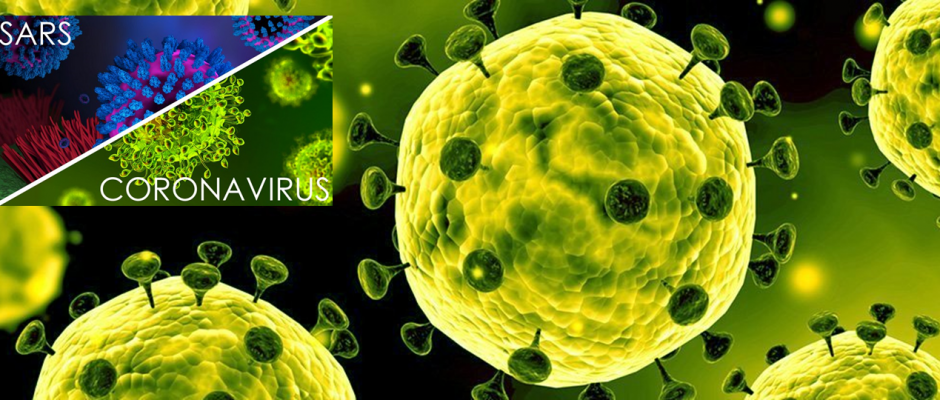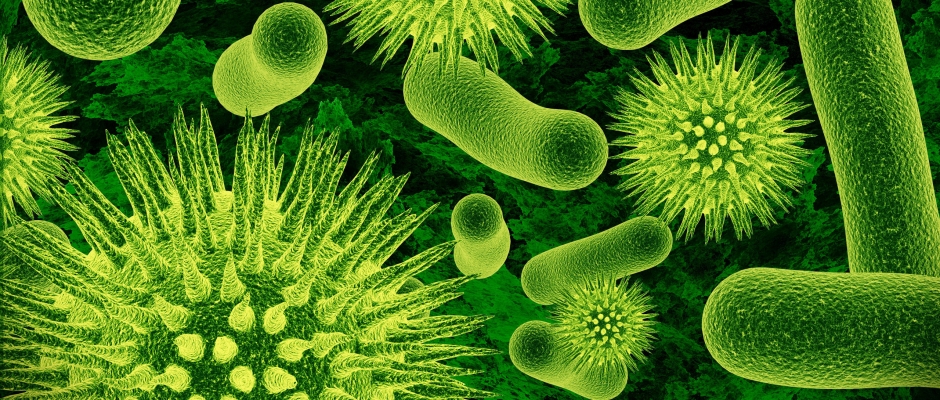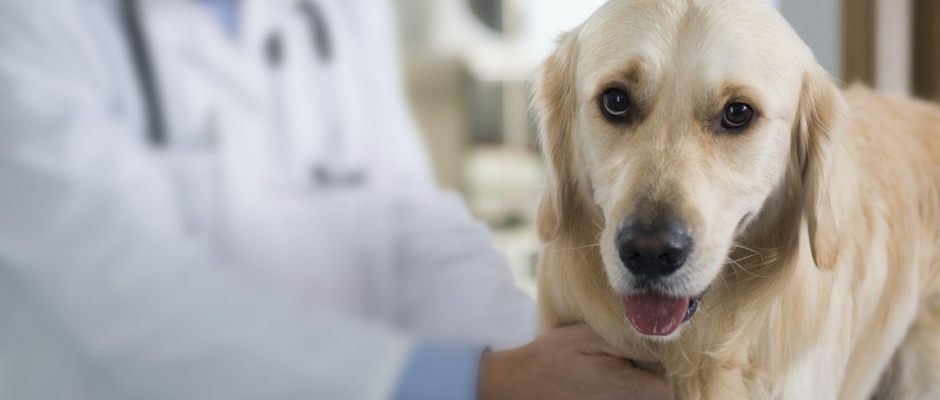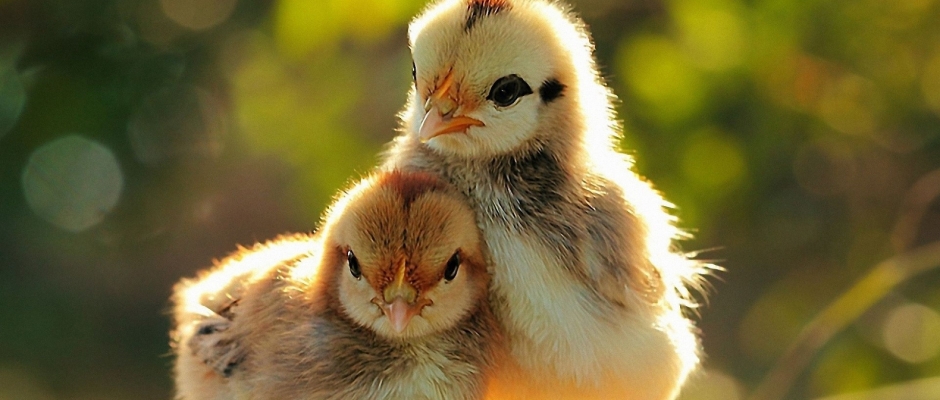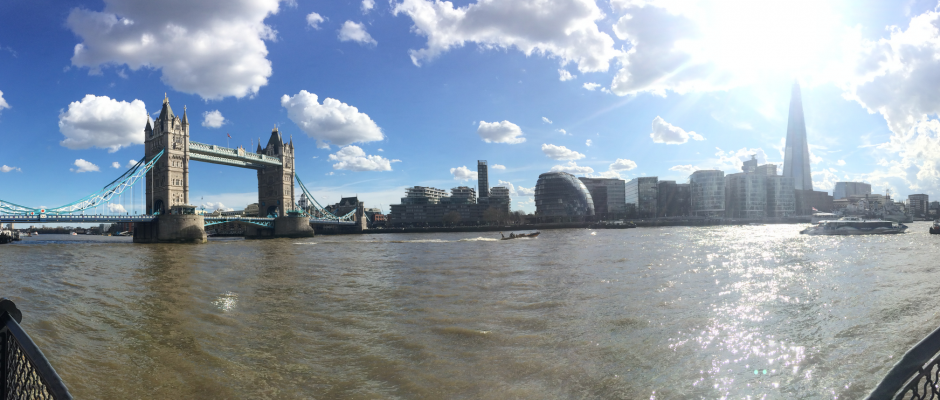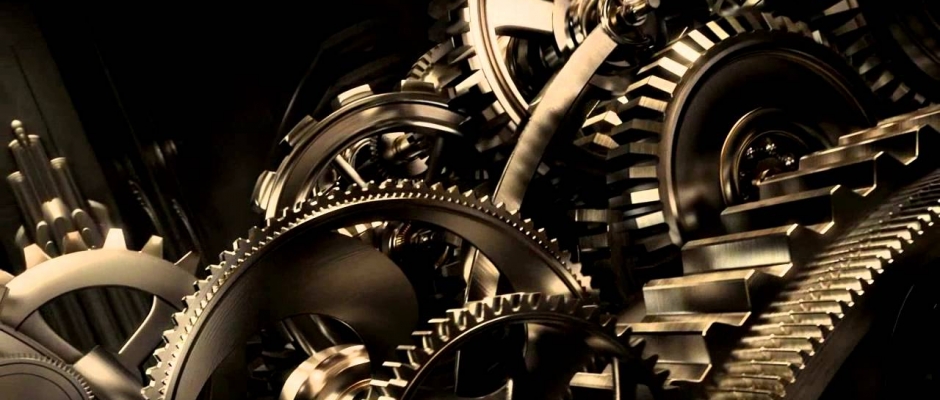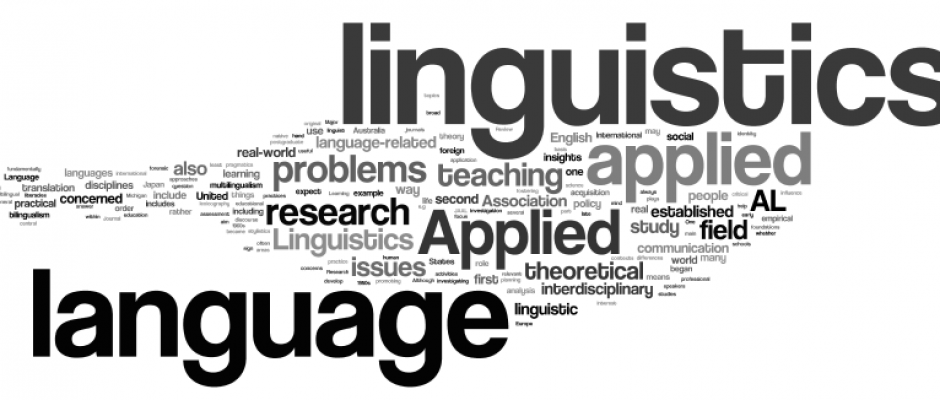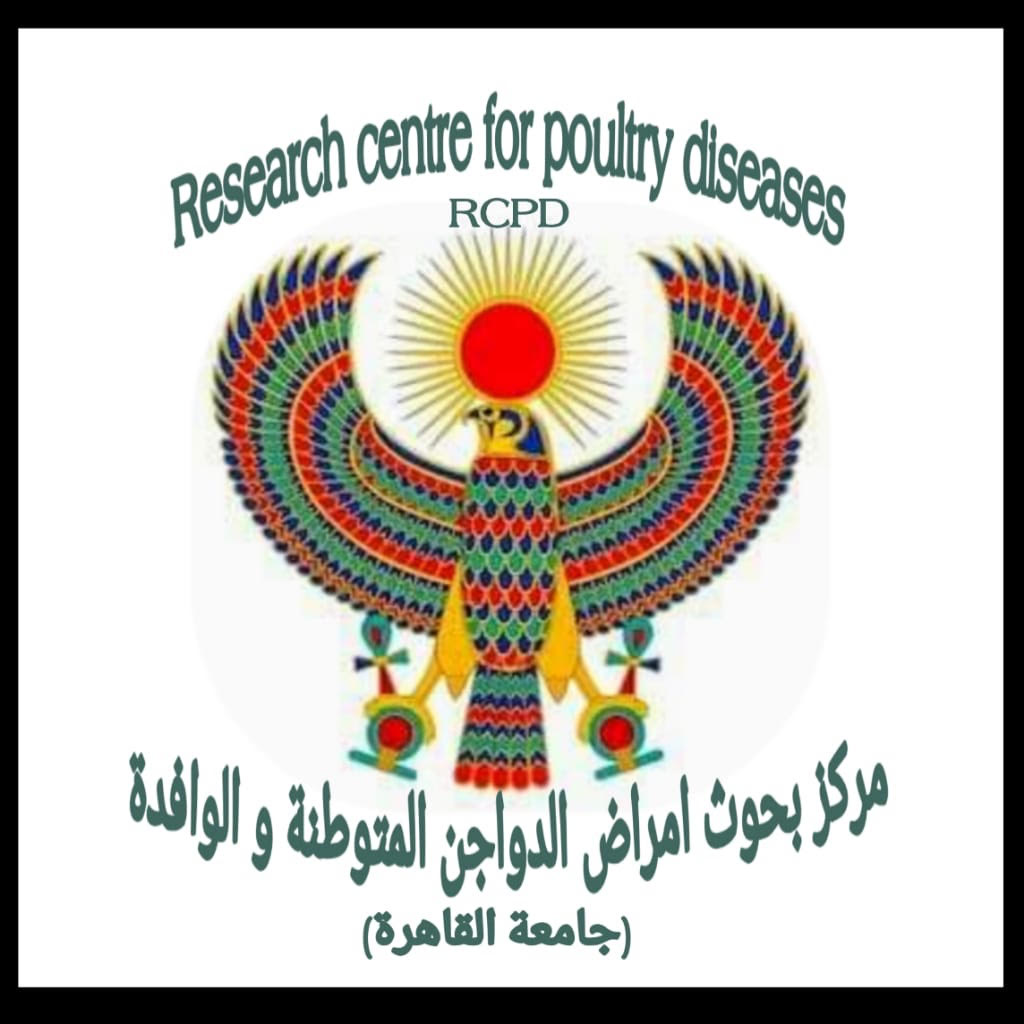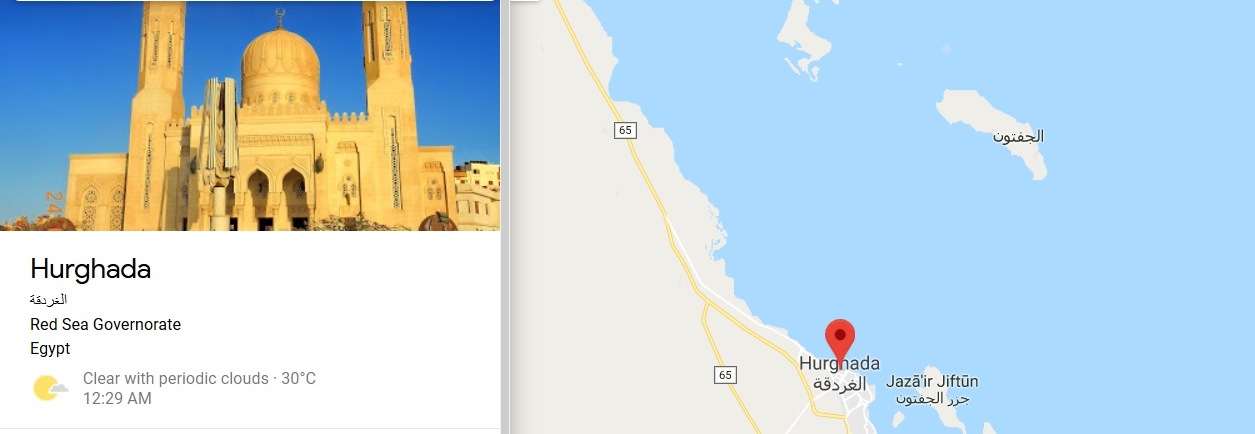THE 2nd International Conference of The Egyptian Poultry Forum
(FIRST ARAB POULTRY SUMMIT, APRIL 2024), HURGHADA EGYPT.
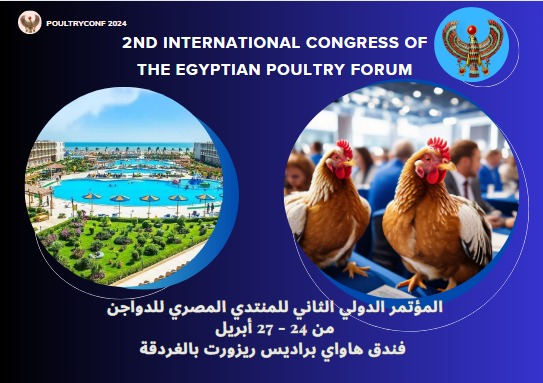
ICEPF 2024 has been held successfully during 24-27th of April 2024 in Hurghada, Egypt by the Egyptian Poultry Forum Foundation as authorized partner for the SCIENCELINE International journals (WVJ, JWPR, OJAFR) representing Egypt and MENA region.
The activities of The 2nd International Conference of The Egyptian Poultry Forum has been held in Hurghada, with the attendance of more than 100 Egyptian and Arab experts and scientists. Many producers, experts, and university professors as well as international experts from most Arab countries were participated in it, in order to advance the poultry industry in Egypt and Arab countries. This was stated by Dr. Mohamed Abdel Salam Shakl, Professor of Poultry Diseases at the Faculty of Veterinary Medicine, Cairo University, and Chairman of the Board of Trustees of the Egyptian Poultry Forum.
CONGRESS CHAIRMAN: PROF. DR. MOHAMED SHAKAL
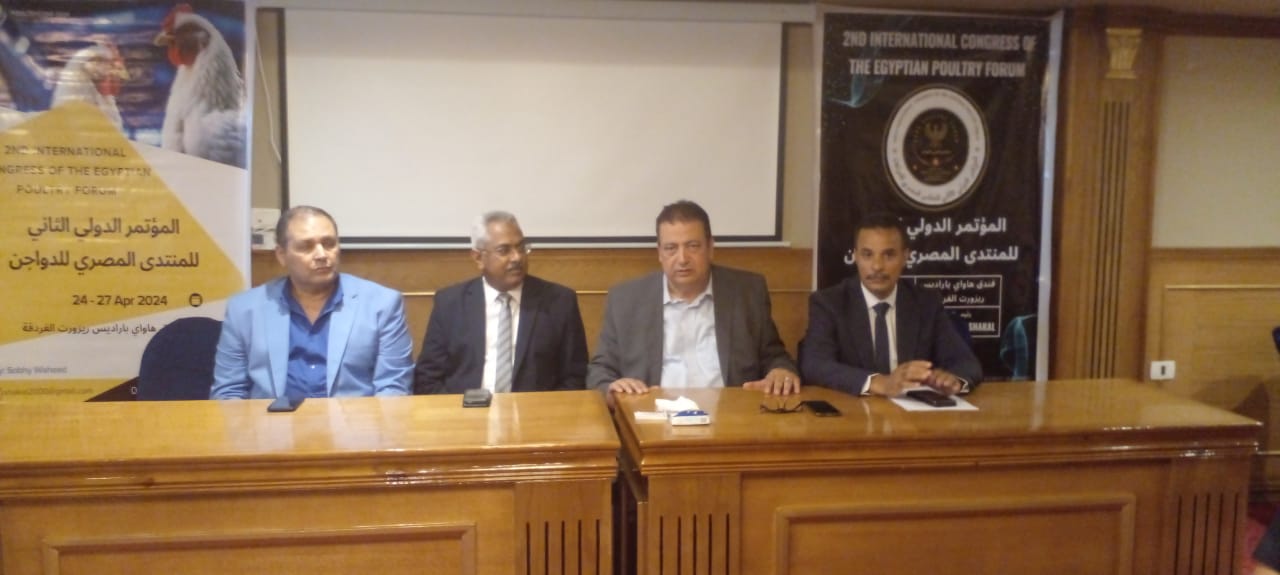
Prof. Dr. Shakl stated that the conference witnessed a large turnout of Egyptian and Arab experts and specialists on its first day, unprecedented in recent years. This enhances mutual scientific and investment cooperation between Egypt and Arab countries. The conference aims to support the poultry industry through research that serves this industry and addresses various problems and challenges. It also supports the international publication of researchers so they can carry out their tasks.
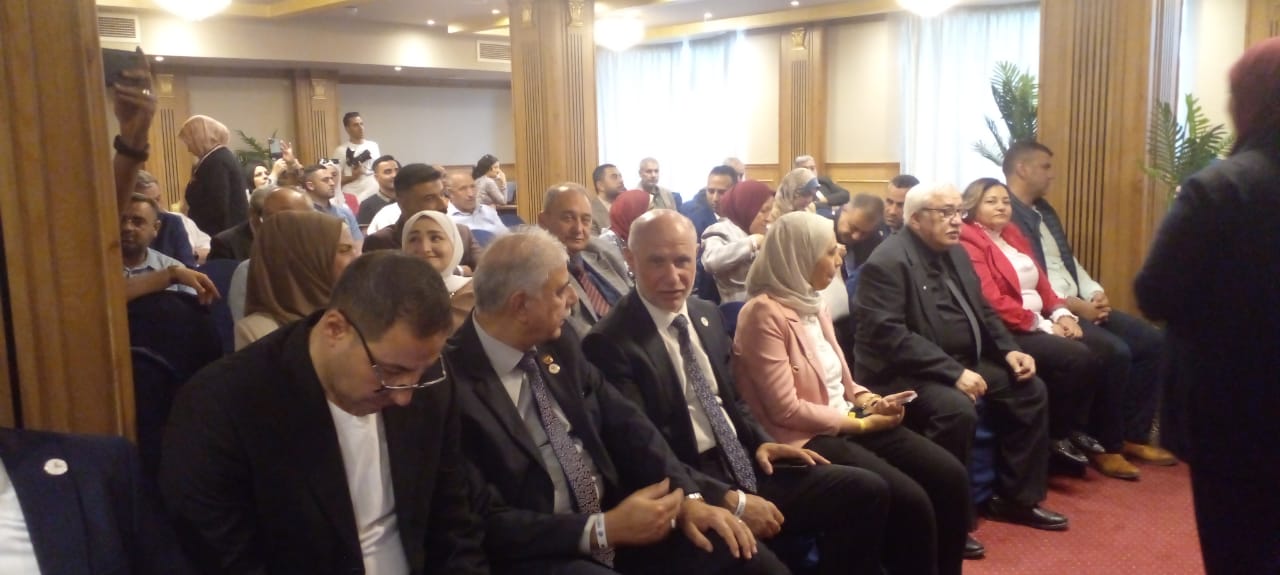
The professor of poultry diseases emphasized that the success witnessed by the conference since its first day is the result of the distinguished coordination with all governmental and private agencies concerned with the poultry industry in Egypt, which provided all facilities, as well as communication with similar organizations in Arab countries, which sent governmental and private delegations to participate in the forum directly or in coordination to exchange expertise and cooperate scientifically and investment in order to achieve the best interests of Egyptian and Arab citizens and achieve the highest level of food security.
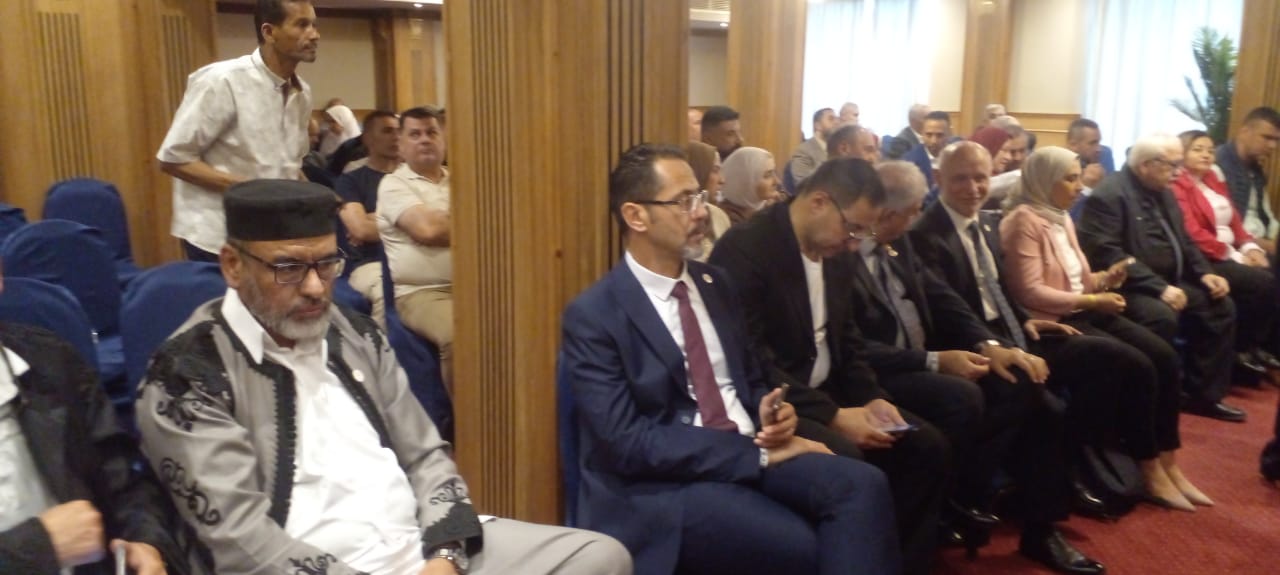
The congress chairman also confirmed that the conference will witness workshops and sessions for research conducted by researchers in various research centers and universities in Egypt and the Arab world, as well as producers in the fields of fattening, layer, mothers, grandparents, hatching, feed, medicines and vaccines, as it discusses the challenges facing the various sectors of the poultry industry, which determine the required research areas and are a priority for researchers.
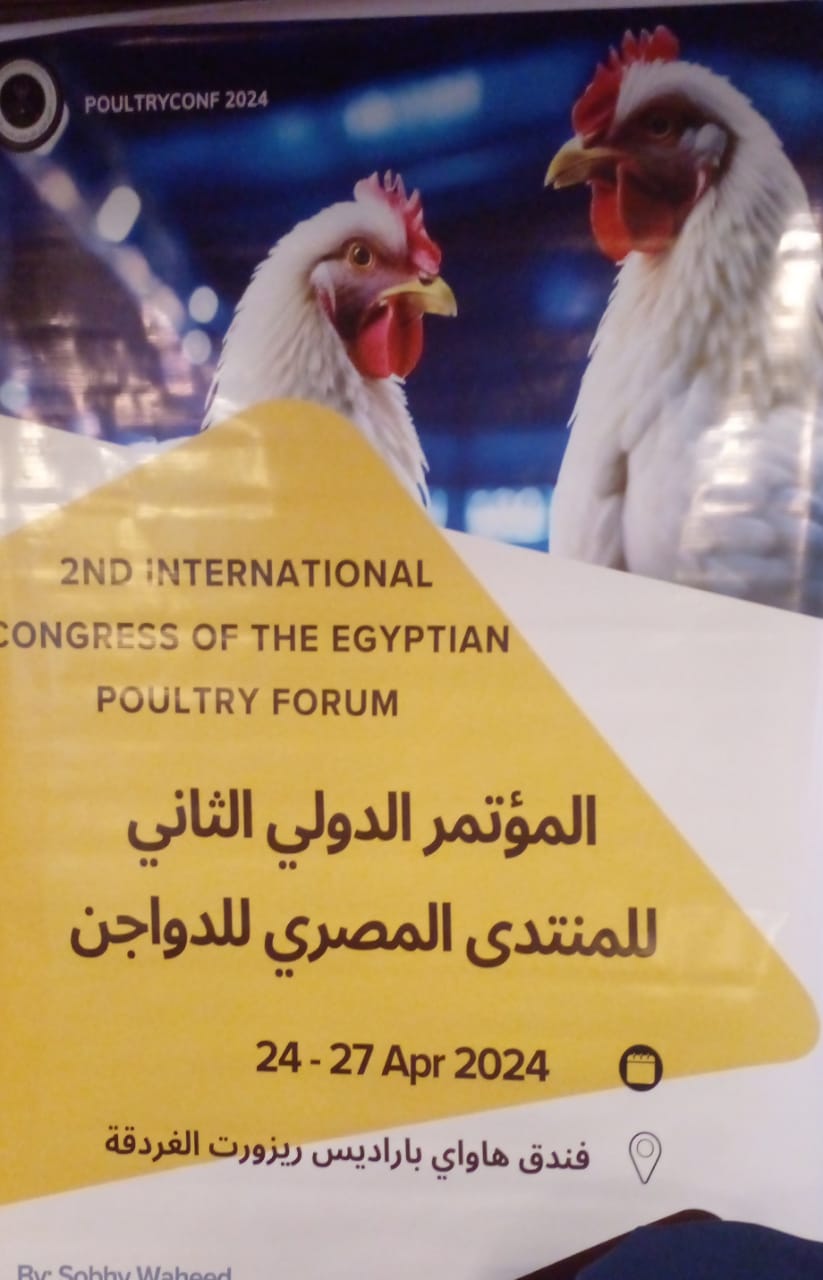 The aims of ICEPF were:
The aims of ICEPF were:
1- Evaluation of epidemiological risks of various poultry diseases.
2- The need to characterize epidemiological maps of poultry diseases.
3- Programs of prevention and immunization against various diseases.
4- The need for developing local vaccines against poultry diseases instead of importing.
5- Future vision for poultry production.
Accommodation full board soft all inclusive.

Proceedings of The International Conference on Civil Engineering for Sustainability and Resilience in the 21st Century and Beyond (ICCESR-2024)
University of Botswana, Gaborone, Botswana,
25–26 June, 2024
International Conference on Civil Engineering for Sustainability and Resilience in the 21st Century and Beyond (https://conferences.ub.bw/index.php/ICCESR/ICCESR-2024) is authorized partner for the SCIENCELINE International journal (Journal of Civil Engineering and Urbanism; https://www.ojceu.com/main/) representing University of Botswana (https://www.ub.bw/) Conference (ICCESR).
The International Conference on Civil Engineering for Sustainability and Resilience in the 21st Century and Beyond (ICCESR-2024), organized by the Department of Civil Engineering at the University of Botswana, brought together academia, practitioners, researchers, policy makers and regulators to discuss emerging and pertinent issues relating to sustainability and resilience in Civil Engineering and related disciplines. The conference thematic areas encompassed developments and improvements in innovative designs, construction and smart technologies and the formulation of appropriate policies in the face of climate change to ensure sustainability and resilience.
This Special Issue of the Journal of Civil Engineering and Urbanism is a compilation of the proceedings of the ICCESR-2024 conference.
All the papers has been published in
Volume 14 (3S); 15 Sep, 2024 [Booklet] [ICCESR-2024].
For more information please click here
Secretary, ICCESR-2024 Organizing committee
https://conferences.ub.bw/index.php/ICCESR/ICCESR-2024
Email: This email address is being protected from spambots. You need JavaScript enabled to view it.; This email address is being protected from spambots. You need JavaScript enabled to view it.
Prof. Dr. Yashon Ouma
CONGRESS CHAIRMAN
Email: This email address is being protected from spambots. You need JavaScript enabled to view it.
 The Sustainable Development Goals are a call for action by all countries – poor, rich and middle-income – to promote prosperity while protecting the planet. They recognize that ending poverty must go hand-in-hand with strategies that build economic growth and address a range of social needs including education, health, social protection, and job opportunities, while tackling climate change and environmental protection.
The Sustainable Development Goals are a call for action by all countries – poor, rich and middle-income – to promote prosperity while protecting the planet. They recognize that ending poverty must go hand-in-hand with strategies that build economic growth and address a range of social needs including education, health, social protection, and job opportunities, while tackling climate change and environmental protection.
Scienceline Publications, Ltd is pleased to declare its commitment to the United Nations Sustainable Development Goals (UN SDGs) Publishers Compact. It aims to accelerate progress to achieve SDGs by 2030.
Signatories aspire to develop sustainable practices and act as champions of the SDGs during the Decade of Action (2020-2030), publishing books and journals that will help inform, develop, and inspire action in that direction.
Furthermore, Scienceline Publications, Ltd as a signatory of SDG Publishers Compact commit to:
1. Committing to the SDGs: Stating sustainability policies and targets on our website, including adherence to this Compact; incorporating SDGs and their targets as appropriate.
2. Actively promoting and acquiring content that advocates for themes represented by the SDGs, such as equality, sustainability, justice and safeguarding and strengthening the environment.
3. Annually reporting on progress towards achieving SDGs, sharing data and contribute to benchmarking activities, helping to share best practices and identify gaps that still need to be addressed.
4. Nominating a person who will promote SDG progress, acting as a point of contact and coordinating the SDG themes throughout the organization.
5. Raising awareness and promoting the SDGs among staff to increase awareness of SDG-related policies and goals and encouraging projects that will help achieve the SDGs by 2030.
6. Raising awareness and promoting the SDGs among suppliers, to advocate for SDGs and to collaborate on areas that need innovative actions and solutions.
7. Becoming an advocate to customers and stakeholders by promoting and actively communicating about the SDG agenda through marketing, websites, promotions, and projects.
8. Collaborating across cities, countries, and continents with other signatories and organizations to develop, localize and scale projects that will advance progress on the SDGs individually or through their Publishing Association.
9. Dedicating budget and other resources towards accelerating progress for SDG-dedicated projects and promoting SDG principles.
10. Taking action on at least one SDG goal, either as an individual publisher or through your national publishing association and sharing progress annually.
To analyze UN SDGs research using Elsevier’s SciVal, please click here.
Scienceline Publications, Ltd endorses all 17 goals of the SDGs:
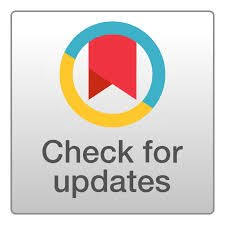 Crossmark, a multi-publisher initiative from Crossref, provides a standard way for readers to locate the updated version of a piece of content. SCIENCELINE recognizes the importance of the integrity and completeness of the scholarly record to researchers and librarians and attaches the highest importance to maintaining trust in the authority of its electronic archive. Clicking on the Crossmark icon will inform the reader of the current status of a document and may also provide additional publication record information about the content.
Crossmark, a multi-publisher initiative from Crossref, provides a standard way for readers to locate the updated version of a piece of content. SCIENCELINE recognizes the importance of the integrity and completeness of the scholarly record to researchers and librarians and attaches the highest importance to maintaining trust in the authority of its electronic archive. Clicking on the Crossmark icon will inform the reader of the current status of a document and may also provide additional publication record information about the content.
Publication Types
|
Article type |
Short description |
|---|---|
| Addendum |
|
| Duplicate |
|
| Erratum |
|
| Removal |
|
| Retraction |
|
| Review article |
|
Related links
We suggest that authors whose first language is not English have their manuscripts checked by a native English speaker for copy editing or language editing before submission to Scienceline Journals or at the revision stage.
You can also get a fast, free grammar check of your manuscript that takes into account all aspects of readability in English. Or consider using other worthy services of American Journal Experts (USA) and or London Proofreaders (UK).
This is optional, but will help to ensure that any submissions that reach peer review can be judged exclusively on academic merit.
In addition, we may offer a Scienceline services (English editing, additional scientific editing, and translation) in a modest fee, for those articles that are in the revision stage, upon request.
Please note that use of English language editing service is voluntary, and at the author’s own expense. Also, use of these services does not guarantee that the newly submitted manuscript will be accepted for publication, nor does it restrict the author to submitting to a Scienceline journals.
You can send the article/s to the following Email: This email address is being protected from spambots. You need JavaScript enabled to view it.
The authors cay pay the fees via iyzico Online Payment Gateway (accepts American Express, Diners Club, Discover, MasterCard, and Visa)

